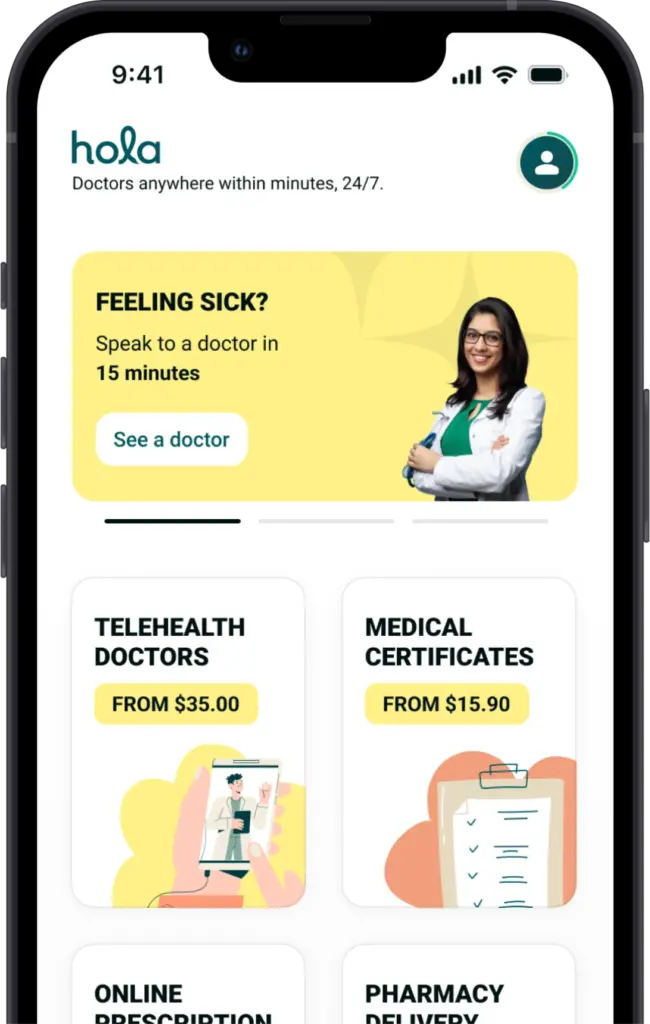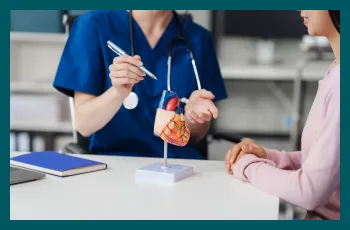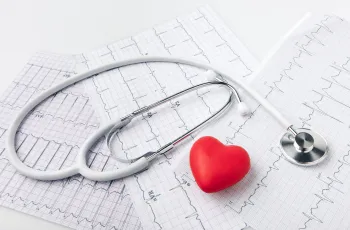- Home
- /
- Health Conditions
- /
- Blood Thinners Treatment
Blood thinner
Blood thinners are medicines that are used to reduce the risk of blood clots. This helps in preventing blockages in veins and arteries which can lead to serious health conditions such as heart attacks, strokes and other conditions. Get medical advice from a registered GP online about blood thinners or any symptom you are concerned about.
4.6/5 based on 28000+ reviews
How our doctors can help
Online GP consultation
From $39
Medical certificates
From $14.90
Specialist referrals
From $39
Prescriptions
From $18.90

Blood thinner side effects
Increased tendency to bleed
The most common side effect is an increased tendency to bleed, meaning cuts or injuries may bleed longer than usual, and bruising can occur from even minor bumps.
Discomfort and bleeding
Other side effects include nosebleeds, gum bleeding, or stomach discomfort.
Nausea and skin issues
Some people may experience nausea, hair thinning, or mild skin rashes as well.
This guide does not replace professional care. Consult a doctor to manage your symptoms. In emergencies, call 000 or visit a hospital immediately. The content is research-backed & medically reviewed by Dr. Ammar AL-ANI, MBChB, CCBST, AMC
Uses
Blood thinners are used predominantly to prevent blood clots. These clots lead to a variety of medical issues such as:
- Atrial Fibrillation (Afib): To prevent clots formation as a result of irregular heartbeats.
- Deep Vein Thrombosis (DVT): Used for clots in leg veins to prevent them from travelling to the lungs.
- Pulmonary Embolism (PE): Prevents or treats clots that reach the lungs.
- Stroke prevention: Especially in people with heart rhythm issues or certain heart valve conditions.
- After surgeries: For those who’ve had major surgeries, especially knee or hip replacements, to prevent clot formation.
Side Effects of Blood Thinners
- Increased tendency to bleed longer than usual from cuts or injuries
- Bruising from minor bumps
- Nosebleeds or gum bleeding
- Stomach discomfort
- Less common: nausea, hair thinning, or mild skin rashes
Blood thinners are essential for preventing clots but require careful monitoring due to these side effects.

When to See a Doctor on Blood Thinners
You should consult the doctor immediately if you experience:
- Unusual or excessive bruising
- Bleeding that does not stop
- Blood in your stool or black, tarry stools
- Coughing up blood
- Severe or persistent headaches
- Vomiting blood or vomit that looks like coffee grounds
- Unexplained swelling or pain
- Heavy or prolonged menstrual bleeding (for women)
- Sudden dizziness, weakness, or fainting
These symptoms may indicate internal bleeding or other complications and require prompt medical review.
Hola Health provides a fast and convenient way for you to see a doctor online in minutes, 24/7 across Australia. Much like an in-person GP clinic, our AHPRA-registered Australian online GP will conduct a comprehensive assessment to provide the best possible care, instantly.

Speak to our doctors 24/7
Providing consults for
Helpful resources

Download our Mobile App for better performance
- Book appointments instantly.
- Stay connected wherever you are.
- Experience healthcare, uninterrupted.
 Scan the QR Code to download the app instantly
Scan the QR Code to download the app instantly 

